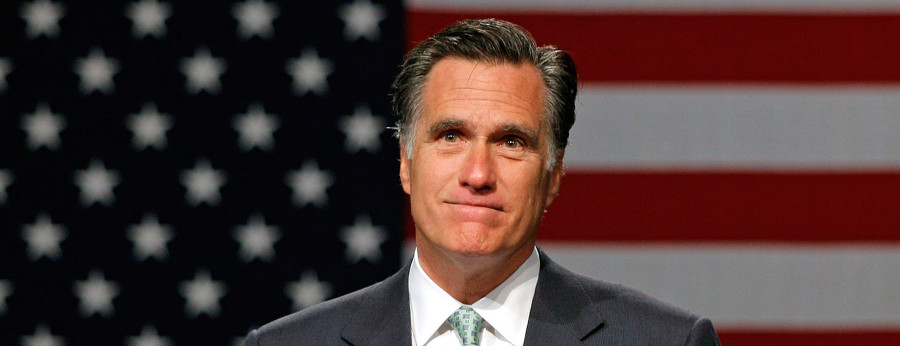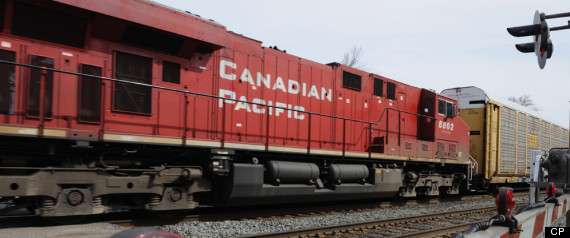OTTAWA—The Conservatives like to call it “poking the bear.”
But the big question on the federal political landscape right now is how the bear, so far unwilling to move no matter how many times the stick is stuck in his ribs, will ultimately respond.
The government will keep poking Opposition Leader Tom Mulcair, alleging he is pitting east versus west, because they believe they have found the NDP leader’s soft underbelly, a flank Mulcair himself exposed.
Some Conservatives may sincerely believe Mulcair’s call for environmental sustainability in this country is really a question of unity and an insult to the ascendant west. But in strictly political terms, the goal here is to spark a Mulcarian eruption or a humiliating climb down.
And the longer they poke, the more they evade scrutiny of Employment Insurance reforms or Old Age Security changes or anything else they have buried in their giant budget bill.
But the big question on the federal political landscape right now is how the bear, so far unwilling to move no matter how many times the stick is stuck in his ribs, will ultimately respond.
The government will keep poking Opposition Leader Tom Mulcair, alleging he is pitting east versus west, because they believe they have found the NDP leader’s soft underbelly, a flank Mulcair himself exposed.
Some Conservatives may sincerely believe Mulcair’s call for environmental sustainability in this country is really a question of unity and an insult to the ascendant west. But in strictly political terms, the goal here is to spark a Mulcarian eruption or a humiliating climb down.
And the longer they poke, the more they evade scrutiny of Employment Insurance reforms or Old Age Security changes or anything else they have buried in their giant budget bill.






















